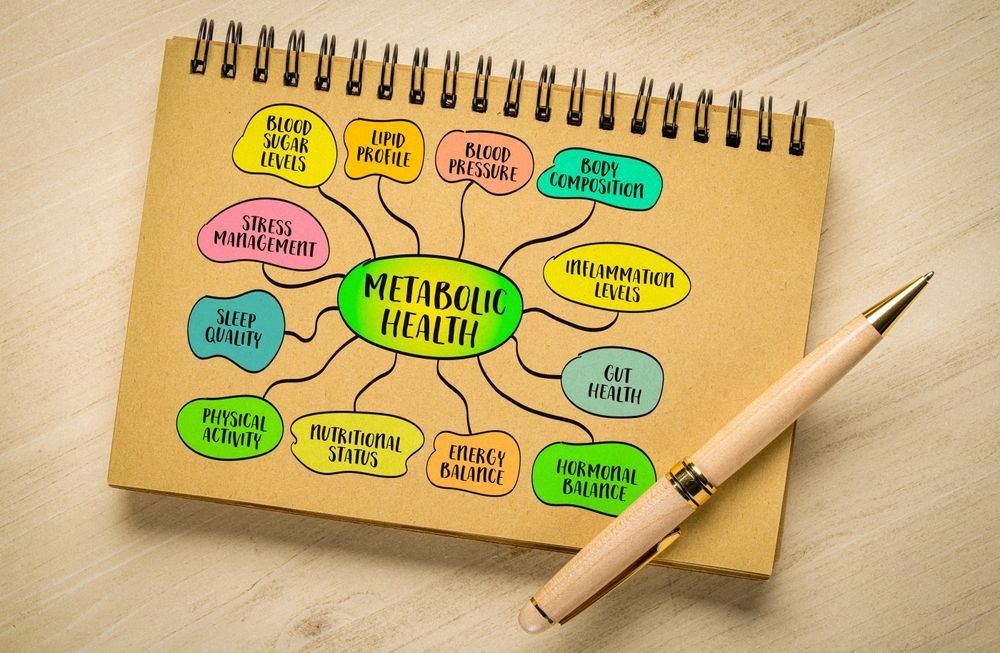Benefits of IV Therapy for College Students

As college students navigate the demanding landscape of academia, the pressure to perform can often lead to stress and fatigue. One growing trend among students seeking relief and enhancement of their overall health is IV therapy. This article will explore the many benefits of IV therapy and how it can support the wellness of college students.
Understanding IV Therapy
What is IV Therapy?
IV therapy, or intravenous therapy, involves the administration of essential fluids, vitamins, and nutrients directly into the bloodstream through a vein. This method allows for quicker absorption compared to oral supplements, making it an efficient way to deliver hydration and nutrients to the body.
The therapy can take many forms, catering to various needs, such as hydration, vitamin replenishment, or boosting energy levels. Common ingredients in IV drips may include vital vitamins like vitamin C, B vitamins, magnesium, and electrolytes. In addition to these, some IV therapies may also incorporate antioxidants and amino acids, which can support overall health and wellness. This versatility makes IV therapy a popular choice not only among those recovering from illness but also among athletes and individuals seeking to enhance their physical performance.
How Does IV Therapy Work?
IV therapy typically begins with a consultation, where a healthcare provider assesses the individual's needs. Following this, a sterile IV line is inserted into a vein, usually in the arm. The fluid mixture is then slowly administered, which can take anywhere from 30 to 90 minutes, depending on the specific treatment.
The process is designed to be comfortable, with many patients using this time to relax, read, or even catch up on work while receiving their infusion. By delivering nutrients directly into the bloodstream, IV therapy can provide immediate and noticeable benefits, a significant advantage for busy college students. Moreover, the therapy can be tailored to address specific conditions such as dehydration from intense exercise, recovery from illness, or even hangover relief, making it a versatile option for many. As the treatment progresses, patients often report feelings of rejuvenation and increased energy levels, which can be particularly beneficial in today’s fast-paced lifestyle.
The Increasing Popularity of IV Therapy Among College Students
In recent years, IV therapy has surged in popularity on college campuses. Students are drawn to its potential benefits, especially during exam season or times of heightened stress. The trend can be attributed to increasing awareness of wellness and self-care among young adults.
Institutes around the country have witnessed a rise in wellness-focused offerings, with some even providing on-campus IV therapy services. This accessibility is a game changer, as students can conveniently prioritize their health amid their hectic schedules.
Many students are turning to IV therapy not only for hydration but also for an energy boost and enhanced recovery after long nights of studying or partying. The infusion of vitamins and minerals, such as Vitamin B12 and Vitamin C, is believed to improve cognitive function and overall vitality, making it an appealing option for those looking to optimize their performance. Moreover, the social aspect of receiving IV therapy in group settings has led to the emergence of “IV lounges,” where students can gather, relax, and even socialize while receiving their treatments, transforming a medical procedure into a communal experience.
Additionally, the rise of social media has played a significant role in popularizing IV therapy among the college demographic. Influencers and wellness advocates often share their experiences and the perceived benefits of these treatments, creating a buzz that resonates with young adults eager to adopt the latest health trends. As a result, many students are now viewing IV therapy as not just a luxury but a necessary component of their self-care routines, further embedding it into the culture of modern college life.
Key Benefits of IV Therapy for College Students
Boosting Immune System
One of the primary benefits of IV therapy is its ability to strengthen the immune system. For college students exposed to crowded environments and high stress, maintaining a robust immune response is crucial. IV therapy can deliver a concentrated dose of vitamin C and other nutrients that directly support immune function.
Incorporating regular IV treatments may not only help in avoiding common illnesses but also speed up recovery when a student does fall ill.
Enhancing Cognitive Function
IV therapy can also play a role in enhancing cognitive abilities, which is vital for college students juggling studies, projects, and exams. The hydration provided through IV drips ensures optimal brain function, while the infusion of B vitamins can support energy levels and mental clarity.
Many students have reported improved focus and retention after receiving IV therapy, making it an appealing choice during intense study periods.
Improving Physical Performance
For student-athletes, physical performance is paramount. IV therapy can facilitate faster recovery from workouts or sports events by replenishing lost fluids and electrolytes more efficiently than traditional methods.
With nutrients specifically aimed at muscle recovery, students can enhance their physical endurance and overall performance while minimizing downtime from injuries or fatigue.
Reducing Stress and Anxiety
The rigorous demands of college life often lead to significant stress and anxiety. IV therapy can help mitigate these feelings through hydration and the replenishment of essential vitamins that support emotional well-being.
Many IV treatments containing magnesium are known to have calming effects, helping students relax and manage their stress levels more effectively.
Safety and Side Effects of IV Therapy
What to Expect During an IV Therapy Session
Before beginning treatment, patients will consult with a healthcare professional to discuss their medical history and determine the most appropriate IV formulation. During the session, the insertion of the needle may cause minor discomfort, but it generally is well-tolerated.
Patients can expect a relaxing environment, often with options to listen to music or engage in light conversation. Monitoring will occur throughout the treatment to ensure safety and comfort.
Potential Side Effects and Risks
While IV therapy is generally safe, there are potential side effects, such as bruising at the injection site or allergic reactions to certain ingredients. It’s essential to discuss any concerns and medical history with the administering professional.
To minimize risks, students should only seek IV therapy from reputable providers with trained staff and proper facilities.
How to Incorporate IV Therapy into a Healthy College Lifestyle
Finding a Reputable IV Therapy Provider
When looking for an IV therapy service, it's crucial to choose a provider with a strong reputation and qualifications. Students should consider factors such as licensing, customer reviews, and the qualifications of medical staff.
Checking that the facility adheres to health standards and uses sterile equipment is also vital for a safe treatment experience.
Determining the Right IV Therapy for Your Needs
Different IV therapies cater to varied needs, so it’s important to assess what you aim to achieve. Whether it’s hydration, immune support, or energy boosting, understanding your personal health goals can guide your decision.
Consulting with a healthcare professional can provide insight into the type of IV therapy that would be most beneficial, ensuring a tailored experience that aligns with individual needs.
In conclusion, IV therapy offers college students a range of benefits, from enhanced cognitive function to improved immune support. As this wellness trend continues to grow, students can consider incorporating it into their self-care routines for a more balanced and healthier college experience.










